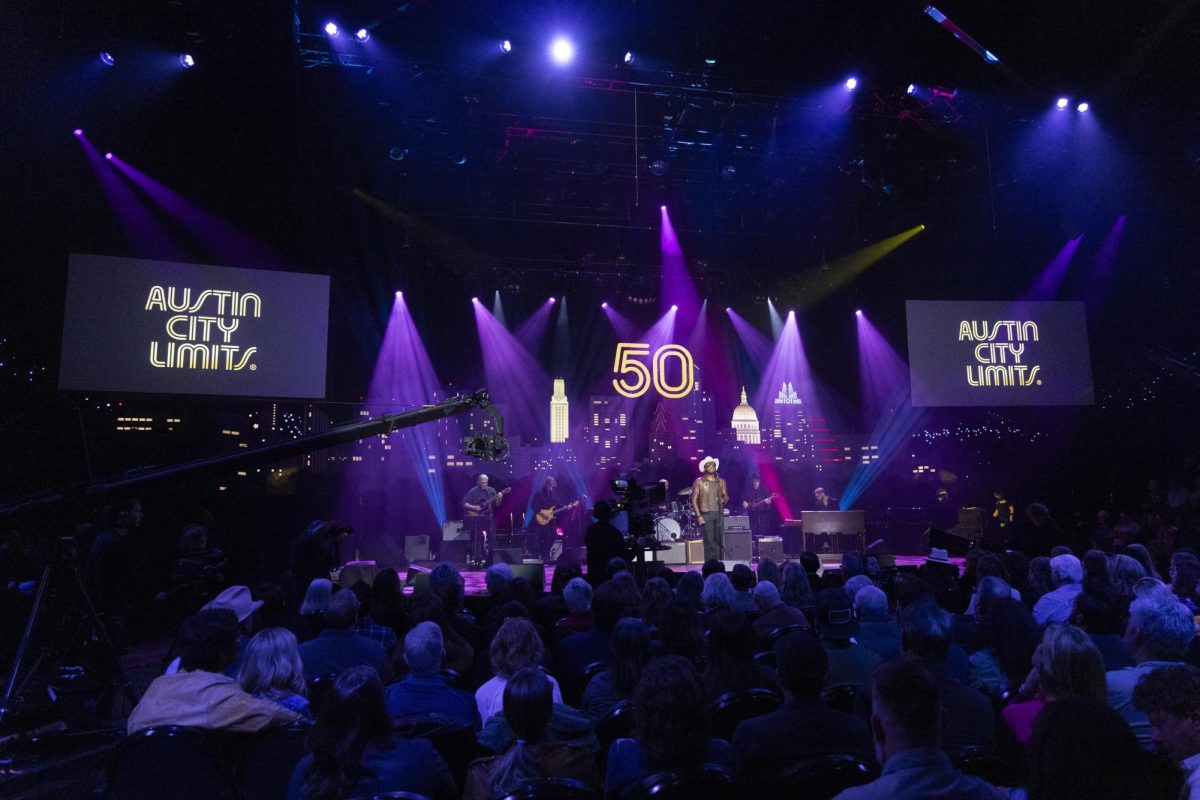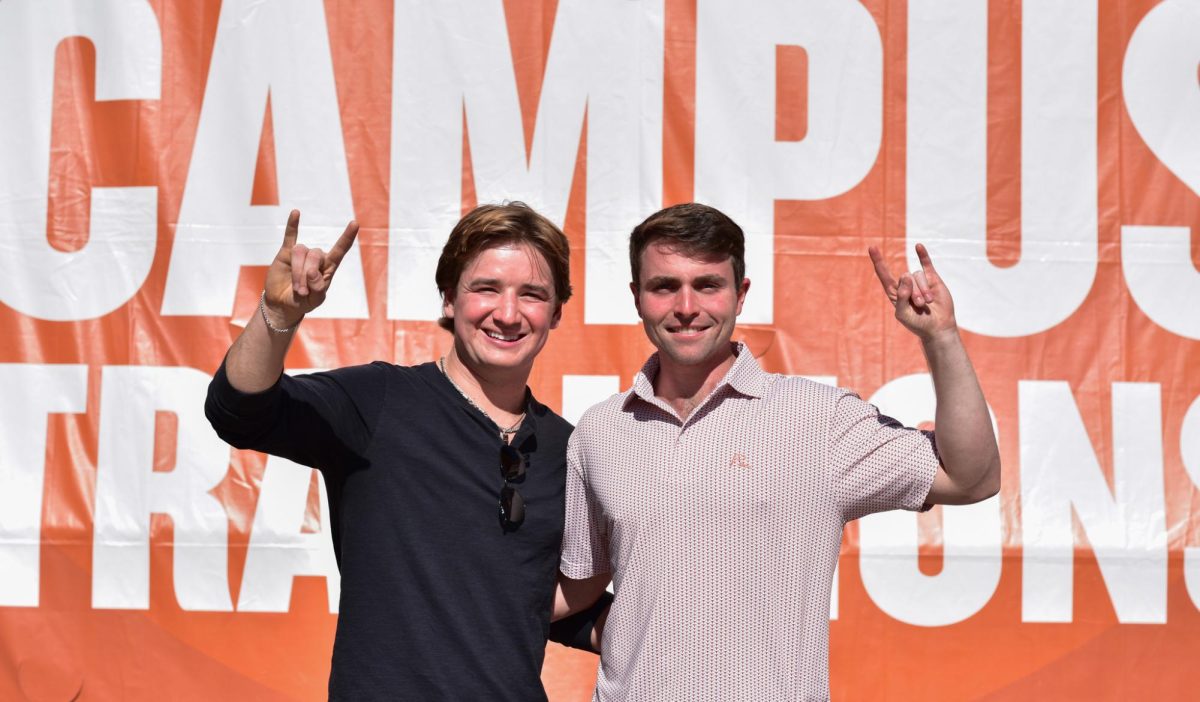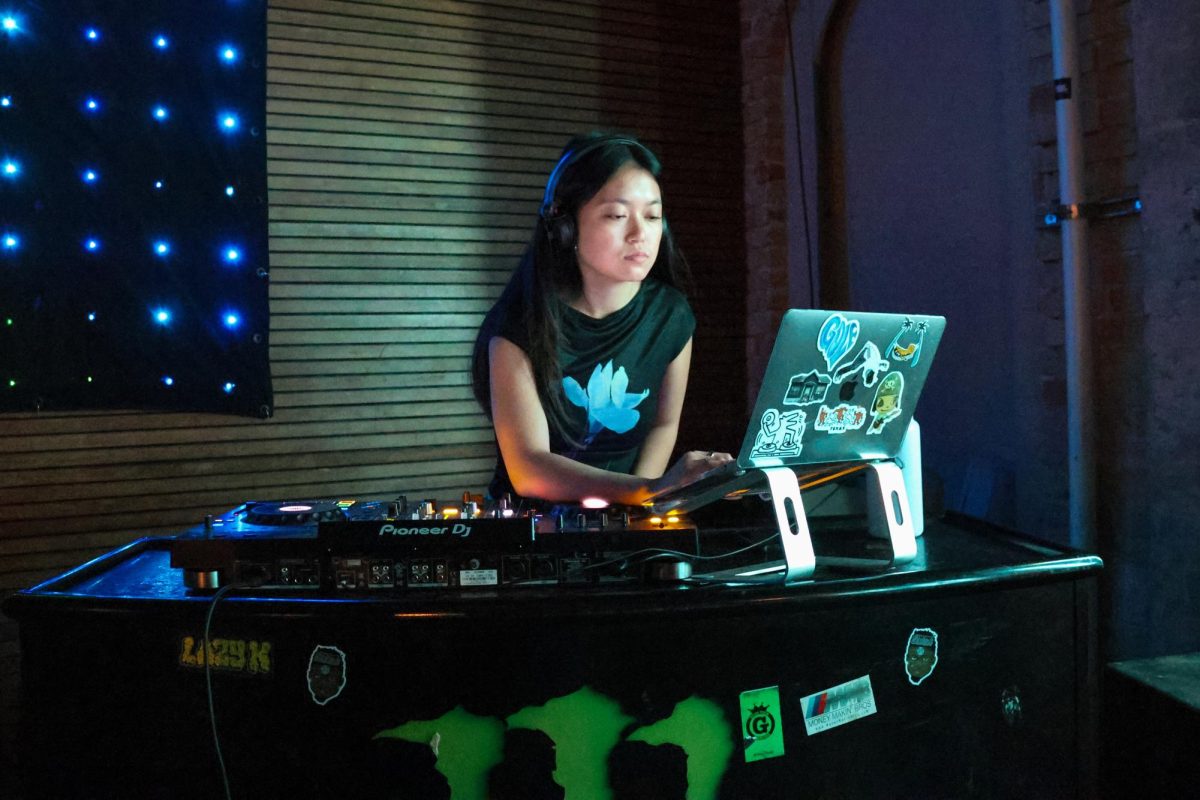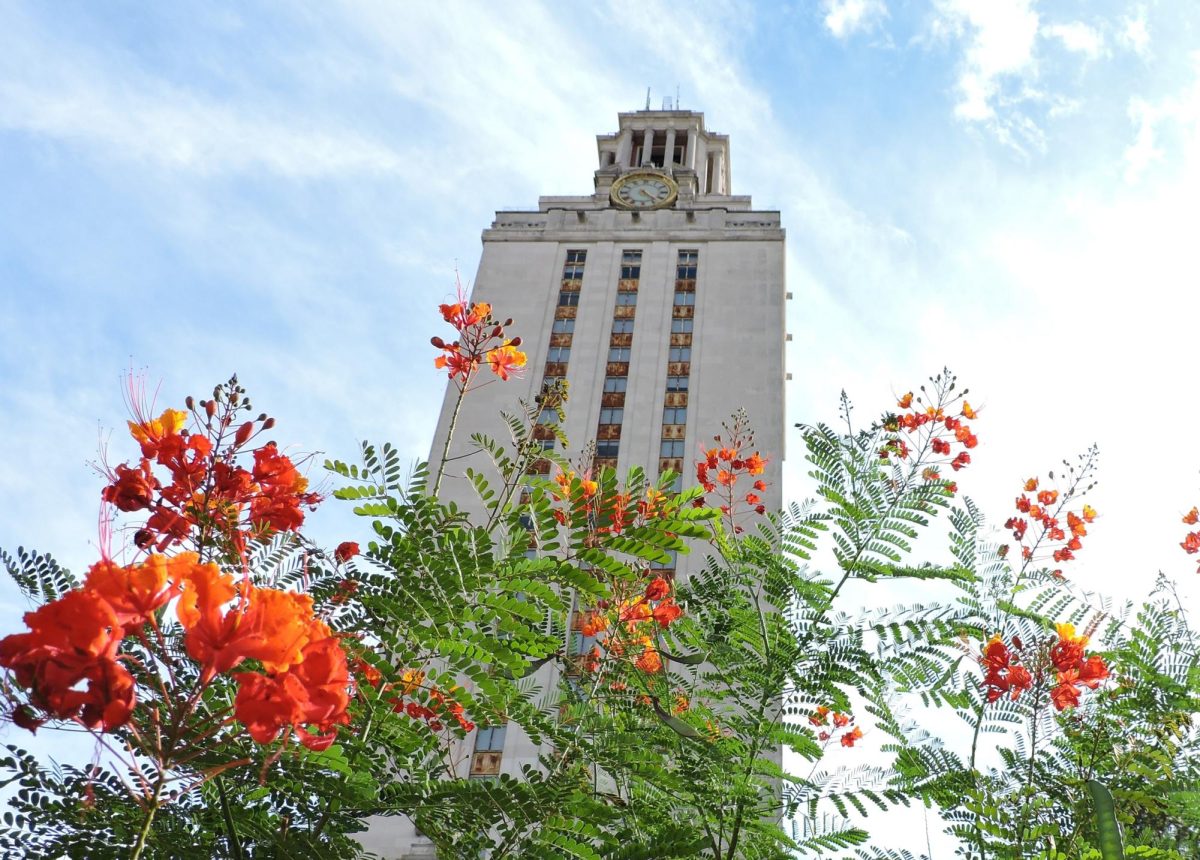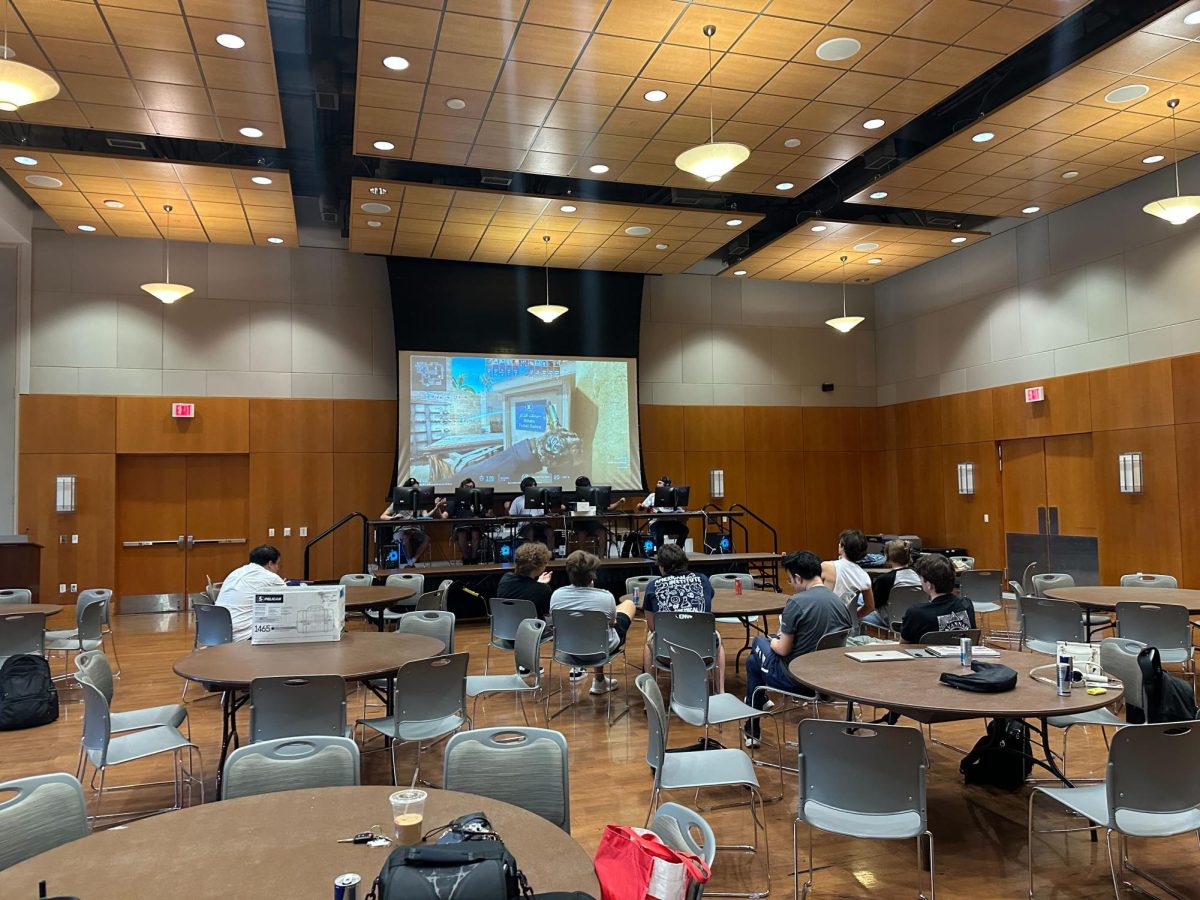A year after Plan II Honors senior Rachel Kutler adopted an orthodox Jewish lifestyle, she looks forward to two weeks of celebration, repentance and growth.
Rosh Hashanah, the Jewish new year, starts on Wednesday. Yom Kippur, the Day of Atonement, is the following week. The two make up the High Holy Days, the most important days in the Jewish calendar. It’s an opportunity to reflect on the past year and seek to be a better person for the coming one, Kutler said.
“In the year since I became religious, I’ve been a better person than I’ve ever been, but I also need to hold myself to a higher standard, not stagnate and continue to grow,” Kutler said. “Every Jew has that responsibility.”
Kutler was raised in a conservative Jewish family in San Antonio. She said during her freshman year of college, she wanted to seek spiritual growth through her faith and after a few months, she surprised herself by deciding to keep a kosher diet and observe the laws of Shabbat, the weekly holy day that requires observant Jews to refrain from using electronics, writing, driving and other tasks identified as work.
She and Middle Eastern studies sophomore Caroline Mendelsohn are among the few orthodox students active at Texas Hillel and Chabad Jewish Student Center. They said it can be challenging to observe orthodox Judaism in a largely secular campus environment. For example, they’ll have to miss several days of class for the High Holy Days — both will be with family in San Antonio.
“It can be very hard, like I can’t go eat out with people and things like that because I keep kosher,” Mendelsohn said. “And the community is small, so it’s hard not to have a big group of orthodox friends to fall back on.”
But both said the diverse Jewish community at Hillel and Chabad provides a network of friendship and spirituality. Rabbi David Komerofsky, the reform rabbi at Texas Hillel, said there are about 4,000 Jews at UT, and about half will make their way to Hillel at some point.
“A student’s Jewish identity is a part of who they are,” Komerofsky said. “We’re here to help them own whatever that part is and define it on their own terms. We try to help Jewish students understand why the things about which they’re passionate connect with their Jewish identity.”
The Hillel hosts weekly Shabbat services on Friday nights, including separate services for reform, conservative and orthodox Jews and a community meal. Hillel will host special services for the upcoming holidays.
Economics senior Steven Braunstein said the High Holy Days provide a fresh start, an opportunity for personal reflection and chances to connect with the Jewish student community.
Braunstein grew up in Odessa in a conservative congregation — one that falls between the very modern reform tradition and stricter orthodox. He said he remembers weeks where the synagogue didn’t have the 10 people required for a minyan — the quorum necessary to hold a service.
“So now, when I see that there might not be 10 men at the orthodox service, I like to step in even though it’s not really my particular way of doing things,” Braunstein said.
Komerofsky said the Hillel tries to make the holidays as meaningful as possible and provide diverse opportunities for students to explore their faith. This year, Yom Kippur falls on the day of the Texas-Oklahoma football game, which means more observant Jews likely won’t attend, Komerofsky said. Students who are able to travel to the Texas State Fair for the game are welcome at local synagogues for services. They may find an interesting intersection of their Jewish, Longhorn and American identities, he added.
“Yom Kippur is a fast day, so we traditionally break the fast shortly after sunset, and there’s a festive meal,” he said. “I wonder how many students will be breaking the fast this year with fried Twinkies.”
Printed on Monday September 26, 2011 as: Jewish students prepare for High Holy Days

